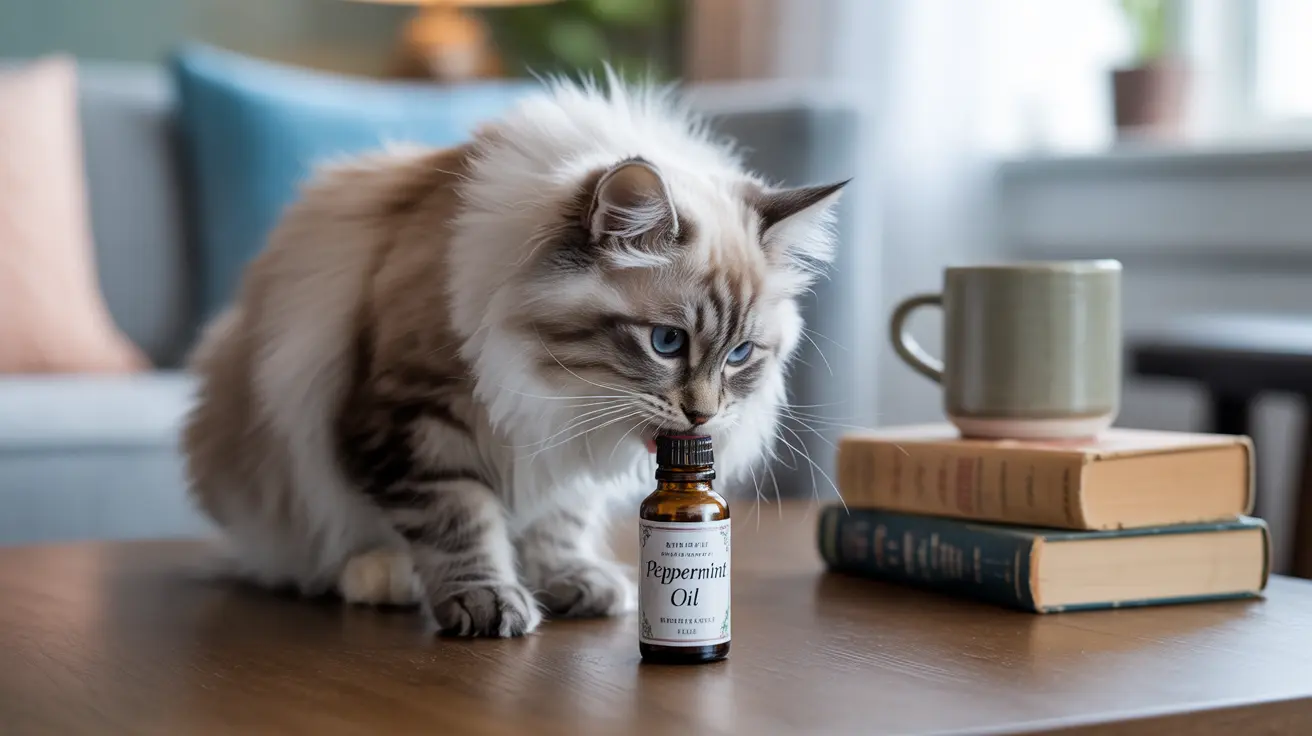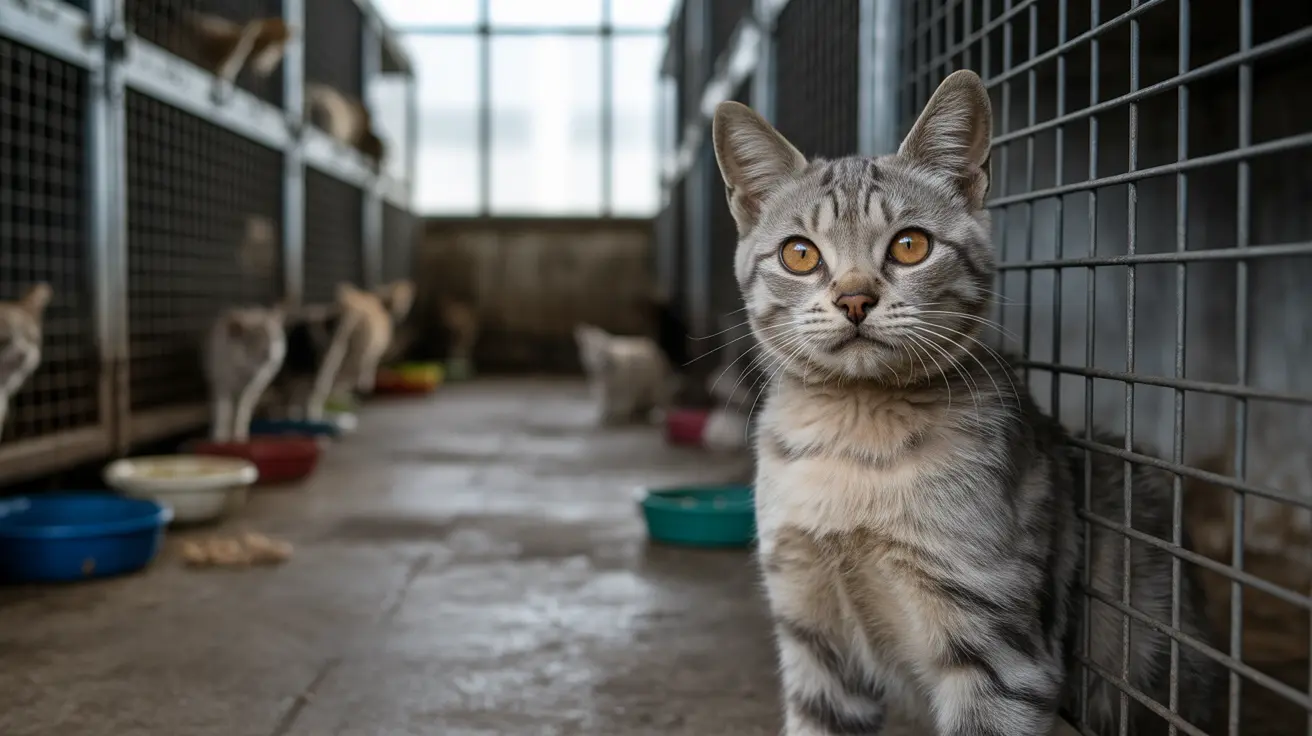When it comes to essential oils, many cat owners wonder about their safety, particularly peppermint oil. While humans may enjoy its refreshing scent and therapeutic benefits, peppermint oil can be extremely dangerous for our feline friends. This comprehensive guide will explore why peppermint oil poses significant risks to cats and what you need to know to keep your pet safe.
Understanding the dangers of peppermint oil is crucial for cat owners, as even small exposures can lead to serious health complications. Cats lack certain vital enzymes that humans possess, making them especially vulnerable to essential oil toxicity.
Why Cats Are Uniquely Sensitive to Peppermint Oil
Cats have a fundamentally different metabolism compared to humans and many other animals. They lack specific liver enzymes, particularly glucuronyl transferase, which is essential for breaking down certain compounds found in peppermint oil. This biological difference makes them extremely susceptible to essential oil poisoning.
The concentrated nature of peppermint oil, combined with cats' sensitive respiratory systems and tendency to groom themselves, creates a perfect storm for potential toxicity. Even minimal exposure through skin contact or inhalation can lead to serious health issues.
Common Signs of Peppermint Oil Toxicity in Cats
If your cat has been exposed to peppermint oil, watch for these warning signs:
- Drooling or excessive salivation
- Difficulty breathing or respiratory distress
- Vomiting or gagging
- Tremors or muscle weakness
- Redness or irritation around the mouth, nose, or skin
- Lethargy or depression
- Uncoordinated movement
How Peppermint Oil Affects Cats' Health
Peppermint oil can impact cats in several dangerous ways. When absorbed through the skin or inhaled, it can quickly enter their bloodstream and overwhelm their limited ability to process these compounds. The oil's high concentration of phenols and menthol can cause immediate irritation and lead to more severe systemic effects.
The liver, in particular, bears the brunt of this toxic exposure. Without the necessary enzymes to break down these substances, cats can experience liver failure, even from relatively small amounts of exposure.
Safe Alternatives to Peppermint Oil
Instead of using peppermint oil, consider these cat-safe alternatives:
- Veterinary-approved flea treatments
- Pet-specific grooming products
- Certified cat-safe cleaning solutions
- Natural deterrents specifically formulated for cats
Preventing Accidental Exposure
To protect your cat from peppermint oil exposure:
- Keep all essential oils in secure, cat-proof containers
- Avoid using oil diffusers in your home
- Check ingredient lists on household products
- Inform guests about the dangers of bringing scented products into your home
- Consider removing mint plants from your garden
Frequently Asked Questions
Does peppermint oil harm cats if applied to their skin or fur?
Yes, peppermint oil can cause severe harm when applied to cats' skin or fur. It can cause immediate irritation, burning sensations, and can be absorbed into their bloodstream, leading to systemic toxicity.
What symptoms indicate peppermint oil poisoning in cats?
Key symptoms include excessive drooling, difficulty breathing, vomiting, tremors, skin irritation, lethargy, and uncoordinated movement. If you notice any of these signs, seek immediate veterinary care.
Is it safe to use peppermint oil as a flea repellent on cats?
No, never use peppermint oil as a flea repellent on cats. It's toxic and dangerous. Instead, use veterinary-approved flea treatments specifically designed for cats.
Why are cats more sensitive to peppermint oil compared to humans?
Cats lack certain liver enzymes necessary to break down the compounds in peppermint oil. This makes them unable to properly metabolize these substances, leading to toxic buildup in their system.
How should I protect my cat from accidental exposure to peppermint or other essential oils?
Keep all essential oils out of reach, avoid using diffusers, check product ingredients carefully, and ensure proper ventilation in areas where essential oils might have been used. If exposure occurs, contact your veterinarian immediately.
Remember, when it comes to your cat's health, it's always better to err on the side of caution. Avoid using peppermint oil and other essential oils in your home to ensure your feline friend stays safe and healthy.






